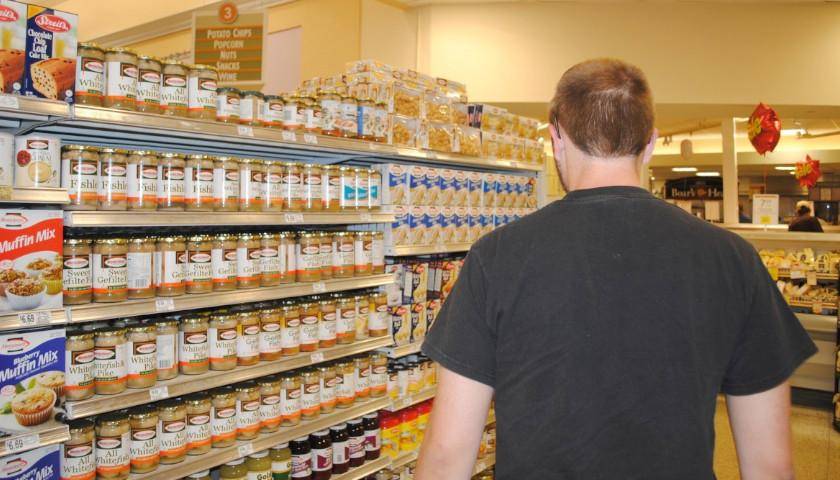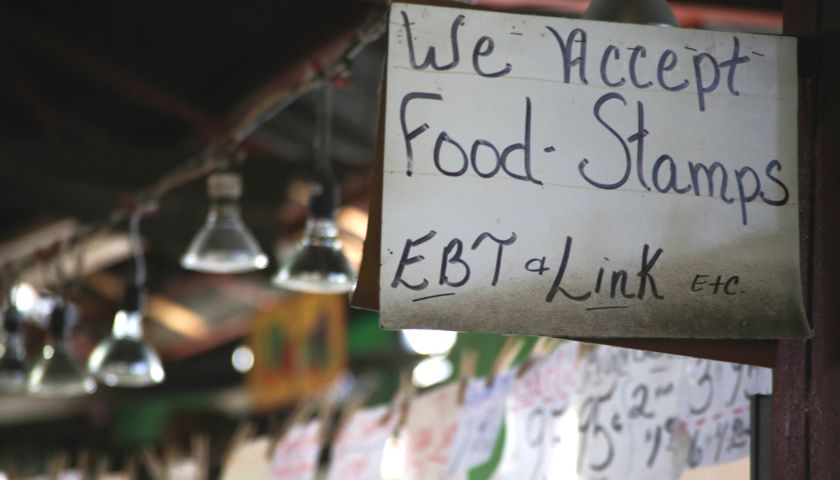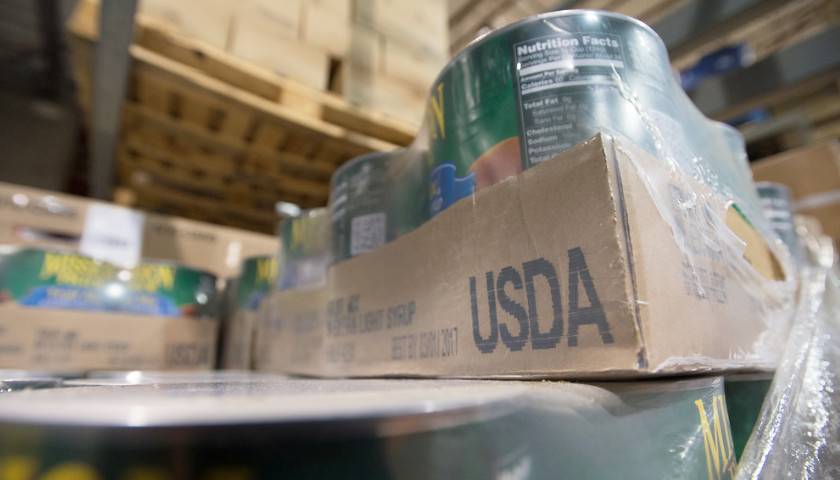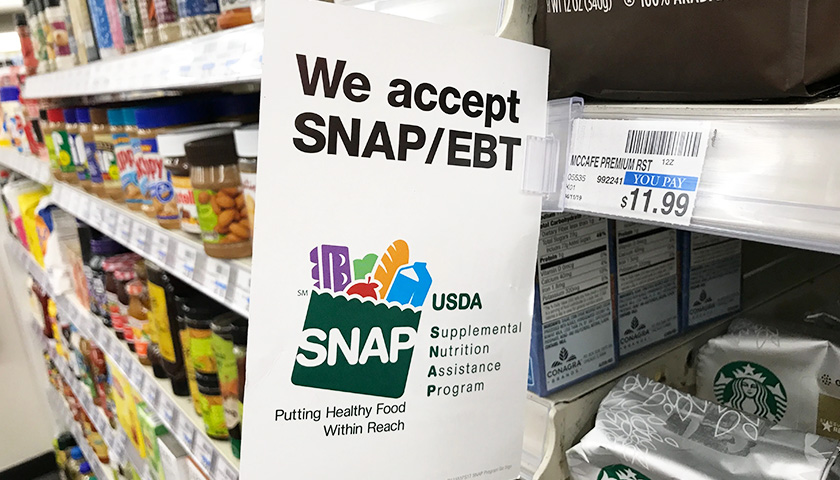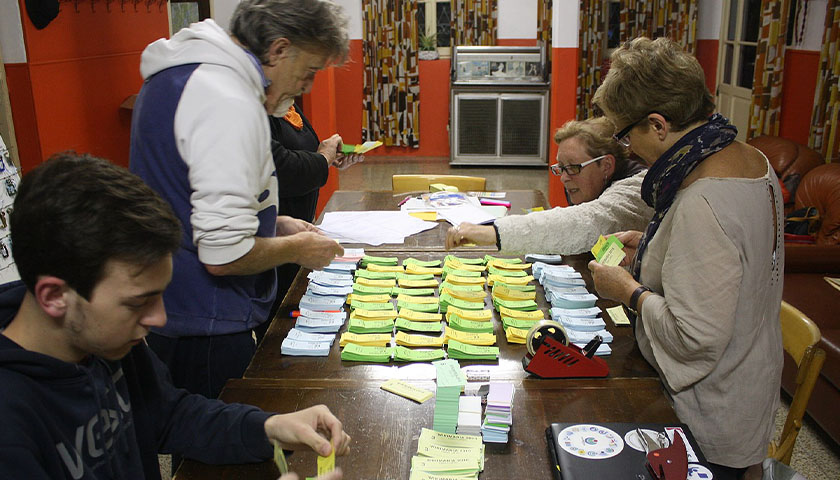A recent administrative action has permanently increased benefits for the Supplemental Nutrition Assistance Program (SNAP) by 25 percent. Unfortunately, this historic boost fails to address the structural problems that plague this nearly 60-year-old program.
The official Supplemental Nutrition Assistance Program (SNAP) webpage proudly proclaims that, “SNAP provides nutrition benefits to supplement the food budget of needy families so they can purchase healthy food…”
To that admirable end, the program formerly known as food stamps distributed $79 billion to 40 million people last year. Yet this desire to provide wholesome food to needy families conflicts with clear evidence that wholesome food is not what they think they need. Whether they play by the rules or not, people receiving SNAP benefits currently spend between 70-100 percent of that benefit on things other than healthy food.
Read More


